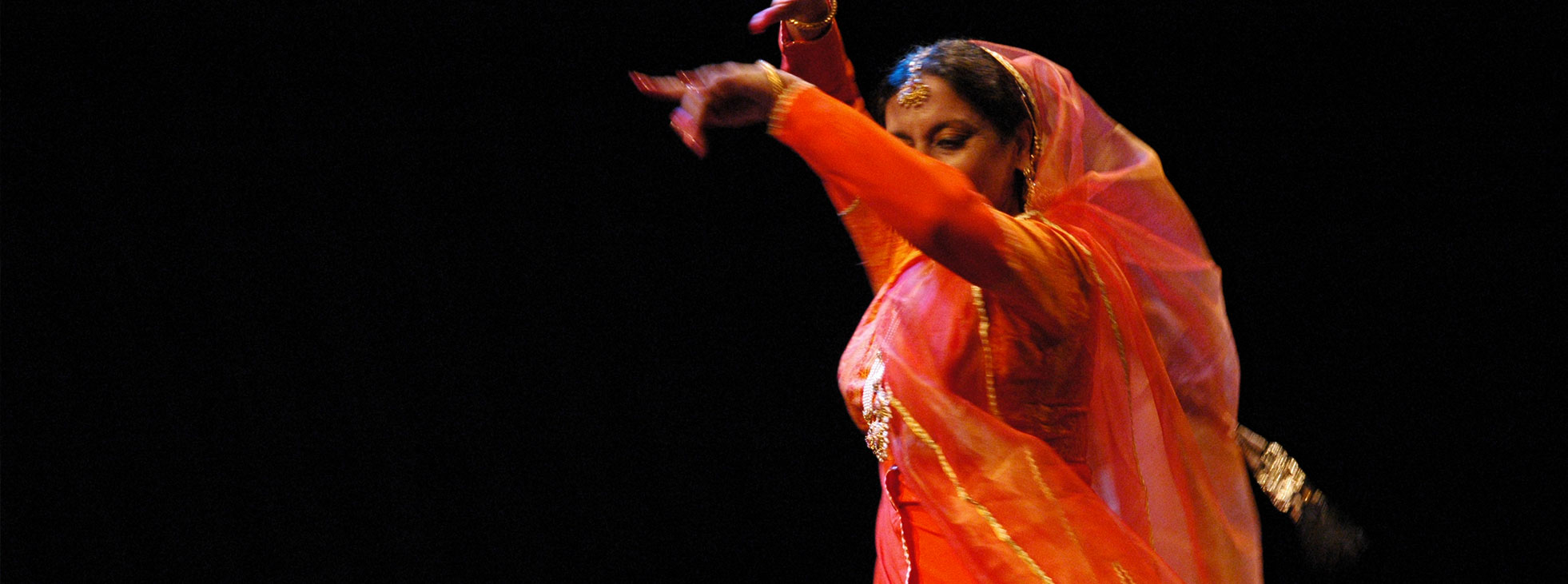Country in Focus: Pakistan

In the last several decades, there have been alternating periods of civilian and military rule in Pakistan. Pakistan did, however, assume an important position on the world stage in 2011 following the terrorist attacks in the U.S. and the subsequent fight against the Taliban regime in Afghanistan. Nevertheless, political uncertainty in Pakistan remains and tensions with India over Kashmir have continued to resurface since the 1947 partition. Despite Pakistan’s great economic potential, the political instability and conjunctive security concerns pose grave challenges for the Pakistani government and civil society actors today.
The May 2013 National Assembly Elections was of great importance since it was the first full-term transition of a democratic government in Pakistan’s 65-year history. The newly-constituted Election Commission of Pakistan with its enhanced role and independence - together with the vigilant judiciary, independent media and new contestants in the political arena - made the elections different from any election in the past.